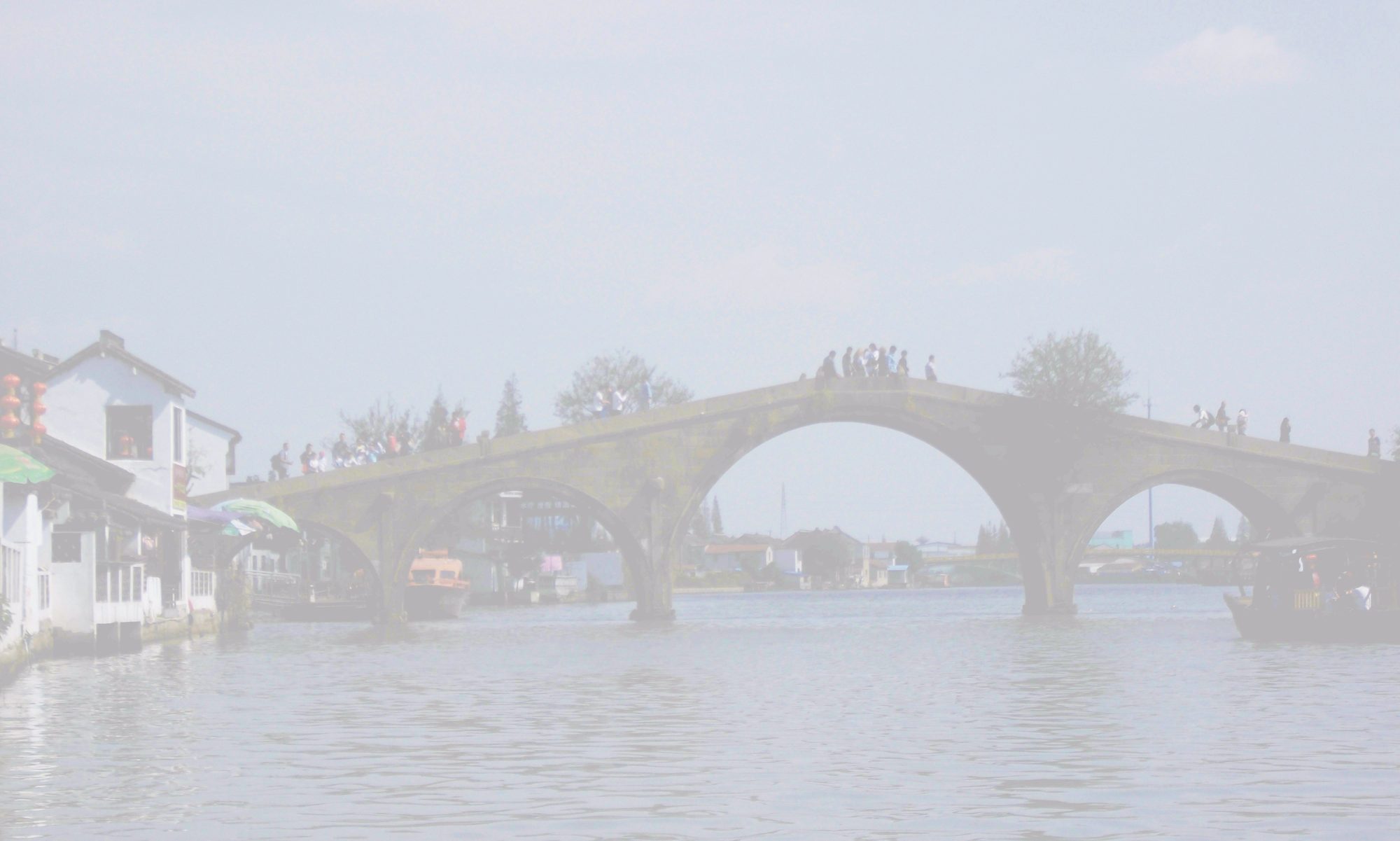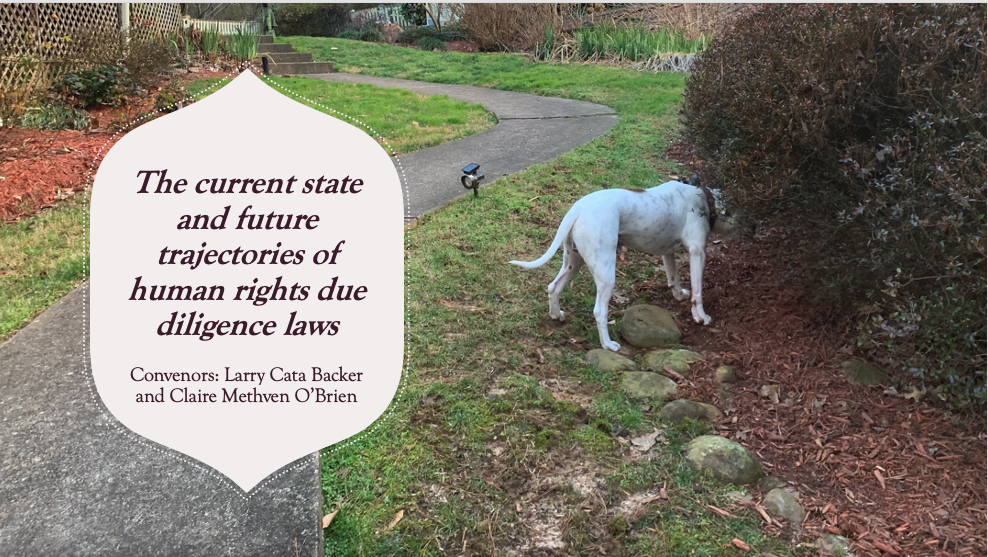Project Homepage:
Convenors: Larry Catá Backer (Pennsylvania State University and Coalition for Peace & Ethics) and Claire Methven O’Brien (University of Dundee and Danish Institute for Human Rights)
With the support of the Pennsylvania State University Schools of Law & International Affairs, University of Dundee, the Danish Institute for Human Rights, and the Coalition for Peace & Ethics, and special thanks to the Project student research assistant Michael A. Dressler, Jr (Penn State SIA).
Claire Methven O’Brien and Larry Catá Backer are delighted to announce the commencement of a new project: The current state and future trajectories of human rights due diligence laws. The object of this project is to bring together young and established scholars from a variety of fields to examine due diligence from different perspectives. Due diligence is an ancient concept with roots in societal and cultural norms and expectations. It has been realized in law, especially with respect to systems of assigning and shifting risk of loss in private law and in the development of norms of corporate governance. Since the endorsement of the UN Guiding Principles for Business and Human Rights (2011), human rights due diligence has captured an increasingly critical place in the institutionalization of frameworks for embedding human rights, and now sustainability, norms in economic activity. Composed of four core elements—identification and assessment, integrating, tracking, and communicating—due diligence has spilled far beyond its original role as the means through which business entities could comply with their markets driven and state managed responsibility to respect human rights. Today, due diligence plays an important role in compliance, in the operation and development of systems of prevention, mitigation, and remedy. It has acquired a normative dimension as well—embedding principles of responsibility through the forms and premises of the diligence that is due and its consequences. Most recently, states have begun to draw on the principles and modalities of due diligence to develop state based due diligence legal orders.
This last insight provides the theme of our first volume: Human Rights Due Diligence Laws: From Due Diligence Standards to New Legal Norms. Edited by Larry Cata Backer and Claire Methven O’Brien, This volume brings together some of the most innovative and forward thinking academics, practitioners, and commentators, from universities, non-governmental organizations, business, and government to collectively contribute to a deeper understanding of the emerging law of due diligence, especially as it touches on the human rights and sustainability elements of economic activities whether undertaken by public or private organizations.
LINKS:



